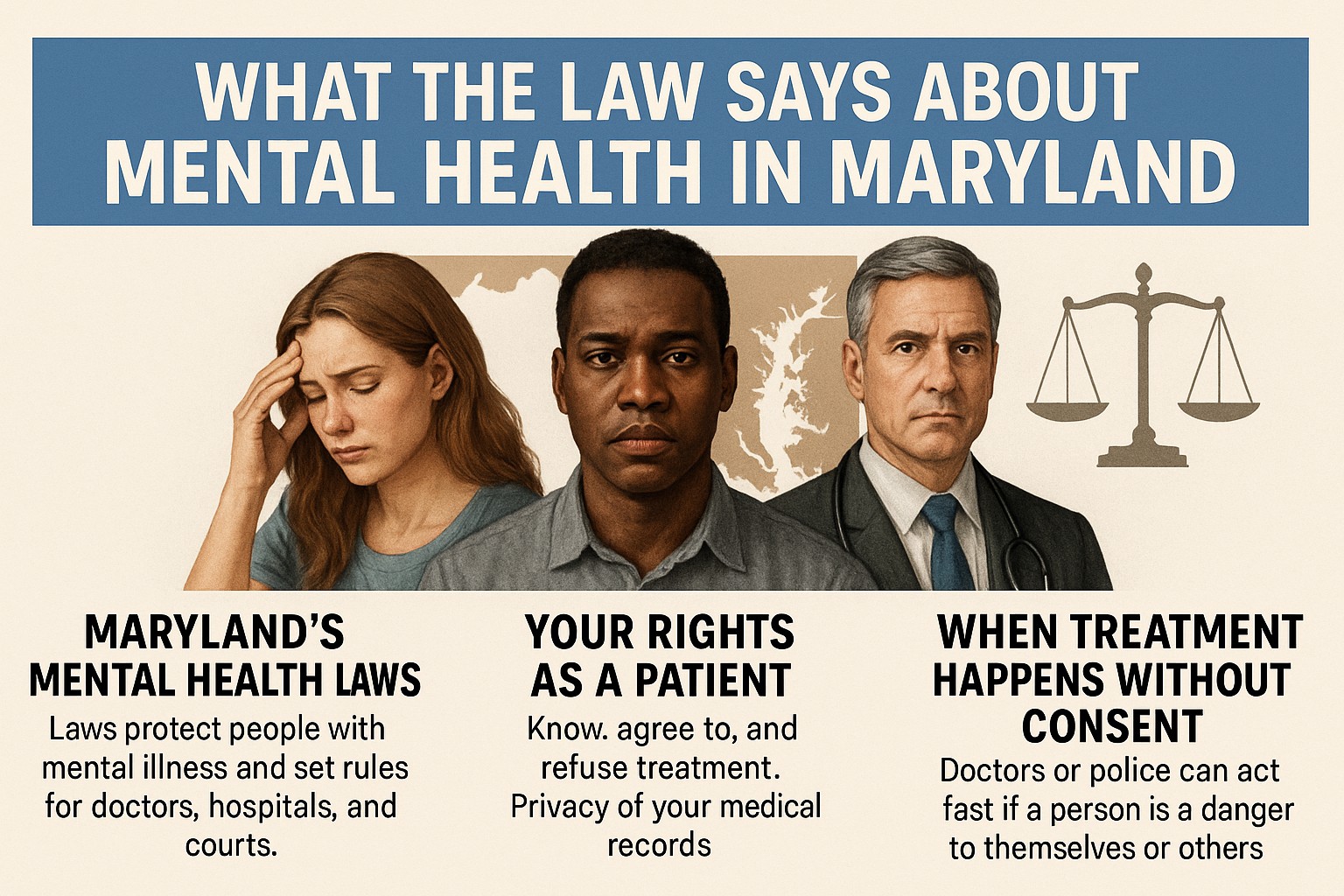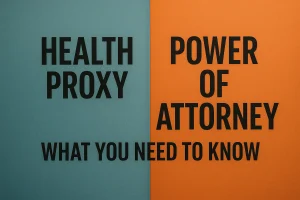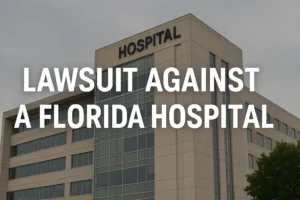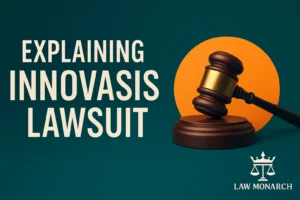Mental health affects many people in Maryland. Some need a doctor. Others need legal help. Families often feel lost and unsure of what to do. This guide explains the law in simple words.
Maryland has rules that protect people with mental health conditions. These rules cover emergency care, patient rights, and court decisions. You will learn how the system works and what steps to take.
If someone refuses help, the law gives options. Courts, doctors, and families all play a role. This guide shows how Maryland supports recovery and safety, one case at a time.
What the Law Says About Mental Health in Maryland
Maryland has strong laws to guide mental health care. These laws focus on safety, fairness, and support. They protect the rights of people with mental illness. They also set rules for how doctors, hospitals, and courts must act.
If you enter treatment, you have legal rights. You can ask questions, say yes or no to care, and expect your privacy to be protected. If someone takes you to a hospital without your permission, you still have rights. The law allows short-term care only when there is serious risk.
Some people cannot make safe choices because of their condition. In those cases, a doctor or judge may step in. They may approve hospital stays, rehab programs, or therapy. These actions follow strict steps to avoid abuse or unfair treatment.
The goal is to help people recover without taking away their freedom. Maryland’s laws try to balance care with respect. No one should feel trapped or alone. The legal system is there to guide care, not to punish those in need.
Your Rights as a Patient
If you receive mental health care in Maryland, you have the right to know what is happening. Doctors must explain treatments. You must agree before they give you any care, unless it is an emergency.
Your medical records stay private. Only your care team or approved family members can see them. Others cannot view your medical details unless you give approval.
You also have the right to refuse treatment. Unless a court orders care, no one can force you into treatment. If a court gets involved, you will have a chance to speak and get a lawyer.
When Treatment Happens Without Consent
In some cases, a person may need care right away. This can happen if someone becomes a danger to themselves or others. Maryland allows doctors or police to act fast in these cases.
This process is called involuntary treatment. It starts with a written request. A doctor or trained officer then checks the person. If needed, the person goes to a hospital for care.
The hospital must follow rules. They cannot keep someone longer than 72 hours without a second doctor’s review. After that, a judge may decide what happens next.
How Courts Handle Mental Health Cases
Sometimes, a judge gets involved in mental health care. This happens when a person faces legal trouble or refuses help.
Maryland has mental health courts and drug courts in some counties. These special courts help people avoid jail. Instead of punishment, the court offers treatment and support.
A judge may also send someone to rehab if drugs or alcohol caused their legal problems. This is called court-ordered rehab. The person must attend a rehab program as part of their sentence.
Helping a Loved One Who Refuses Care
Families often feel helpless when someone they love refuses treatment. Maryland law gives you a few options.
You can file an emergency petition. This lets police or doctors take the person to a hospital for a short time. After that, doctors and courts decide what happens next.
If the person still refuses help, a judge can approve outpatient treatment or appoint a legal guardian. The guardian makes health decisions for the person.
Each step must follow the law. It helps to talk to a lawyer or contact a local mental health group.
Mental Health Rights for Children and Teens
Minors in Maryland have clear rights when it comes to mental health care. The law treats children differently than adults but still protects their well-being.
Parents make medical choices for children under 16. They approve therapy, pick doctors, and decide on care plans. Once a child turns 16, they can choose their own treatment. They may ask for help, agree to care, or refuse it.
Schools play a big part in student mental health. Teachers and counselors must take action when they see signs of trouble. Some students get support through special education plans. These may include school-based therapy, easier tasks, or extra breaks during class.
If a minor breaks the law, the court may focus on recovery instead of punishment. A judge can order therapy, rehab, or counseling. The goal is to help the child grow, not to punish them. Maryland’s laws aim to protect young people and guide them toward a better future.
Rights of Persons in Maryland’s Psychiatric Facilities (PDF)
Where to Find Mental Health Care
Maryland offers many options for mental health treatment. Help is available across the state. You can find care in hospitals, private clinics, and local programs. Some places treat both mental illness and addiction in one plan.
Each person needs a different kind of care. Some need short visits with a therapist. Others need full-time support in a medical setting. Maryland makes sure these services are easy to reach and follow clear safety rules.
Here are some common types of care:
- Hospital stays help during a crisis or severe mental illness. Patients stay a few days or weeks in a safe place.
- Therapy sessions allow people to talk with a trained counselor. These visits can happen weekly or as needed.
- Group support programs connect people with others facing the same struggles. This builds trust and a sense of community.
- Medical care treats conditions like depression, trauma, or anxiety. Doctors may offer tests, medicine, or regular checkups.
- Rehab programs support people with drug or alcohol problems. Some also help with mental health conditions at the same time.
You can find these services in cities, small towns, or rural areas. Many clinics accept insurance or offer low-cost plans.
Groups That Can Help You
Many people in Maryland need help with mental health. Some need legal support. Others need care or advice. Trusted groups across the state offer real help. Most services are free or low-cost.
These groups provide simple answers in hard times. They guide people through legal steps and treatment choices. You can reach out at any time.
Here are some helpful resources:
- Maryland Legal Aid – Gives legal help to people with low income. They handle court cases, patient rights, and legal paperwork.
- Disability Rights Maryland – Protects the rights of people with mental illness. They make sure schools and hospitals follow the law.
- NAMI Maryland – Offers support to individuals and families. They provide free classes, peer support, and help during a crisis.
- Behavioral Health Administration (BHA) – Manages public mental health programs. They connect people to services across Maryland.
These groups work with hospitals, clinics, and local courts. They help people find care, understand their rights, and take the next step. You do not have to face mental health struggles alone. Help is close, and it starts with one call.
If a loved one struggles with mental illness and cannot make decisions, a court may appoint a legal guardian. In some cases, this involves complex legal steps. Learn more in our guide: When Should I Hire an Elder Law Attorney? A Complete Guide.
Final Thoughts
Mental health is part of everyday life. It affects how you feel, how you live, and how you stay safe. In Maryland, the law protects your rights and supports your care. It gives clear steps for patients, families, and doctors.
You are not alone. Help is close, even when life feels hard. If you need care or face legal issues, you can ask for support. You have the right to speak, ask questions, and choose safe treatment. The law is on your side.
Many people improve with the right help. Some find answers through care. Others find hope through support or legal action. Every step matters. Take the first one today.
Disclaimer: This content is only for general understanding. It does not replace legal or medical advice. Each case is different. Laws can change at any time. If you need help, talk to a licensed lawyer or a qualified health expert.




